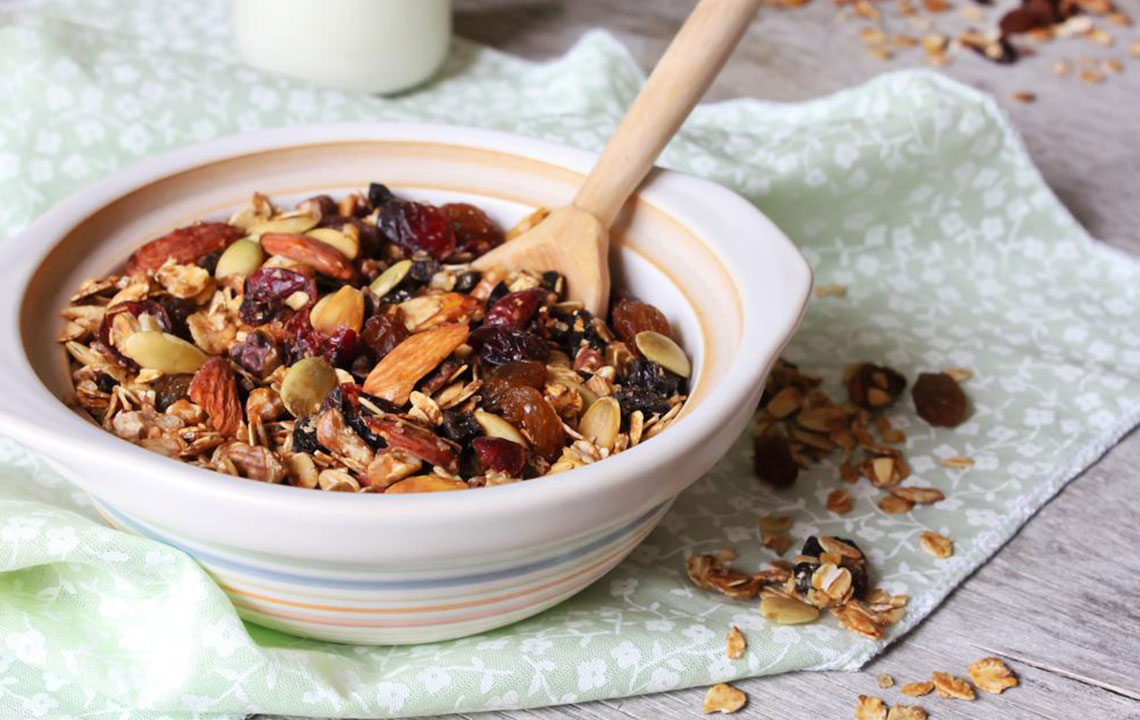Comprehensive Nutritional Strategies for Managing Congestive Heart Failure
This comprehensive article explores essential dietary strategies for managing congestive heart failure, emphasizing sodium reduction, fluid control, healthy fats, and nutrient-dense foods. It provides practical tips to support heart health, improve quality of life, and complement medical treatments. Patients are encouraged to consult healthcare professionals to develop personalized nutrition plans that reduce symptoms and slow disease progression, ensuring a holistic approach to managing this chronic condition effectively.

Comprehensive Nutritional Strategies for Managing Congestive Heart Failure
Congestive heart failure (CHF) is a complex and progressive condition in which the heart's capacity to pump blood effectively diminishes over time. As a consequence, fluid begins to accumulate in the lungs, abdominal cavity, and extremities, leading to classic symptoms such as persistent fatigue, noticeable swelling, and shortness of breath. While pharmacological treatments, lifestyle adjustments, and medical interventions play pivotal roles in managing CHF, dietary modifications constitute a cornerstone of comprehensive care. Implementing proper nutritional strategies can help alleviate symptoms, improve quality of life, and potentially slow disease progression by reducing the workload on the heart and controlling fluid retention.
In this detailed guide, we explore essential dietary guidelines and practical tips tailored for individuals living with congestive heart failure. These strategies are designed to optimize heart health, maintain appropriate fluid balance, and support overall wellness. From managing sodium intake to selecting heart-healthy fats, understanding these dietary principles will empower patients and caregivers to make informed choices that complement medical treatment plans.
Prioritize Sodium Reduction to Prevent Fluid Retention
One of the most critical dietary factors in managing congestive heart failure is limiting sodium intake. Excessive salt consumption leads to increased fluid retention, which in turn raises blood pressure and places additional strain on an already compromised heart. Healthcare professionals generally recommend that patients restrict daily sodium intake to below 2,000 milligrams. To achieve this, patients should be vigilant about avoiding processed foods, which are often loaded with hidden sodium. Canned soups, snack foods, cured meats, pickles, and many pre-packaged meals are major contributors to high sodium intake. Instead, flavor foods with fresh herbs, garlic, lemon juice, and spice blends that contain no salt to enhance taste without compromising health.
Monitor and Control Fluid Intake
Careful regulation of fluid consumption is essential for preventing excessive fluid buildup in the body. Since fluid overload can exacerbate symptoms such as swelling and shortness of breath, patients are commonly advised to adhere to personalized fluid limits prescribed by their healthcare providers. This may involve tracking daily fluid consumption, including water, tea, coffee, and other beverages. In some cases, diuretics are prescribed to help eliminate excess fluids, but personal vigilance remains crucial. Maintaining an accurate record can help identify patterns and prevent complications related to overhydration.
Limit Alcohol Consumption to Protect Heart Function
Alcohol intake can have detrimental effects on heart health, including impairing cardiac function and increasing the risk of arrhythmias, stroke, and heart attack. For individuals with congestive heart failure, it is generally advisable to avoid alcohol altogether or consume it only under medical supervision. Even moderate drinking can interfere with medication efficacy or exacerbate existing symptoms. Abstaining from alcohol supports better management of the condition and reduces potential health risks associated with cardiovascular stress. Consulting with a healthcare professional before including alcohol in your diet is always recommended.
Manage Calorie Intake for Weight Control
Maintaining a healthy weight is vital in reducing the burden on the heart. Excess body weight can worsen CHF by increasing peripheral resistance and cardiac workload. A balanced, calorie-controlled diet that emphasizes nutrient-dense foods facilitates gradual weight loss and helps sustain overall health. Working with a dietitian or healthcare provider enables the development of a tailored meal plan that aligns with individual needs, preferences, and medical conditions. Focus on wholesome foods such as fresh fruits, vegetables, lean proteins, and whole grains to promote satiety and ensure essential nutrient intake without excess calories.
Emphasize Consumption of Whole and Plant-Based Foods
Choosing whole foods is vital for supporting cardiovascular health. Fresh fruits, vegetables, nuts, seeds, and whole grains provide fiber, antioxidants, vitamins, and minerals that bolster the immune system and improve vascular function. These foods deliver sustained energy release, which can help manage fatigue and support daily activity levels. Replacing refined grains with whole grains, such as brown rice, whole wheat bread, and oats, can contribute to better heart health and symptom control. Incorporating plant-based sources of protein, such as beans and lentils, can also reduce saturated fat intake while adding vital nutrients to the diet.
Reduce Intake of Saturated and Trans Fats
Elevated levels of bad cholesterol (LDL) caused by saturated fats increase the risk of atherosclerosis and aggravate heart conditions. To promote optimal heart health, it's recommended to limit consumption of red meats, processed meats, full-fat dairy products, and commercially baked goods containing trans fats. Instead, opt for healthier fats derived from sources like olive oil, avocado, canola oil, and nuts. Limiting saturated fat intake to less than 10% of total daily calories can significantly decrease cardiovascular risk. Reading labels carefully and choosing heart-healthy options are essential steps toward better management of cholesterol levels and overall heart function.
Limit or Avoid Full-Fat Cheese and Salty Snacks
Full-fat cheeses are typically high in sodium and saturated fats, which can worsen fluid retention and contribute to high cholesterol levels. Moderation is key when consuming cheese; choosing low-fat or reduced-sodium varieties helps reduce intake without sacrificing flavor. Additionally, salty snacks such as chips, crackers, and processed meats should be consumed sparingly or replaced with healthier snack options like nuts, fresh fruit, or air-popped popcorn. Being mindful of food labels and prioritizing homemade meals can further support heart-healthy eating habits. Combining these practices with regular medical follow-up provides a comprehensive approach to managing congestive heart failure through nutrition.





